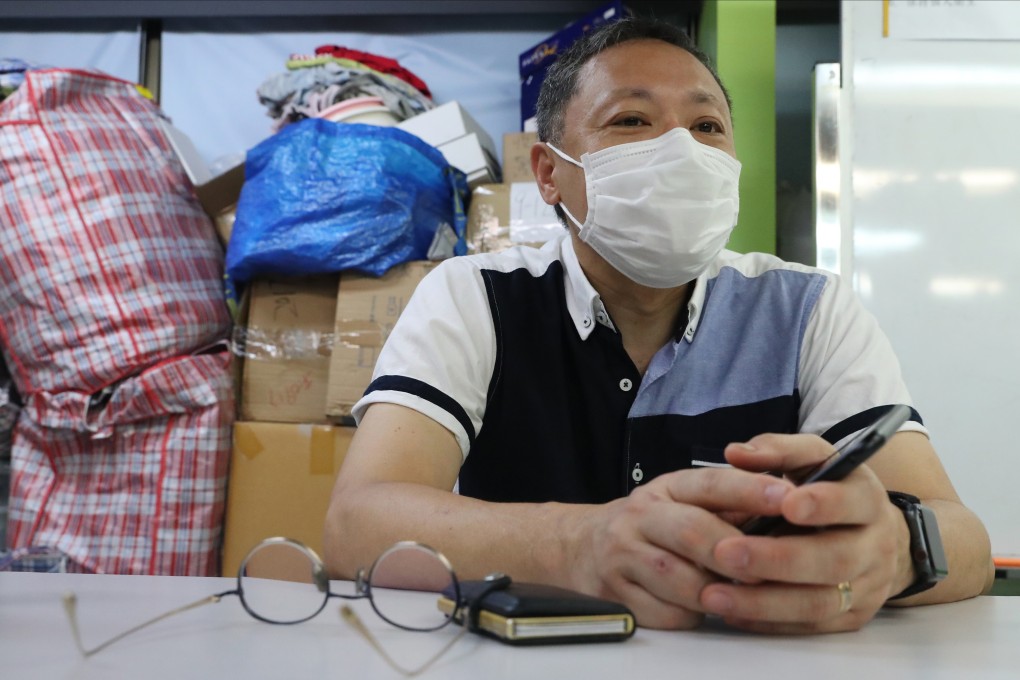Opinion | Singapore’s limits show a possible future for Hong Kong academic freedom
- Singapore has been an open academic society with considerable academic freedom and independence, but there are also restrictions – many of them unwritten
- The Lion City highlights how carefully crafted limitations on such freedoms can coexist with a successful academic system

Both places have had success building effective higher education systems during the past half a century. Hong Kong’s academic future now faces many questions in light of the new law and the prospect of restrictions on academia. Singapore, with restrictions in place, seems to be sailing along at the same time.
With closely matched populations, gross domestic products and highly developed service- and finance-based economies, the two places have some essential similarities. Both were British colonies. They have among the most effective higher education systems in the world.
A key difference is that Hong Kong is inextricably linked to mainland China. Singapore, meanwhile, has been independent since 1965 and does not have to worry about China.

04:30
Independent bookstores struggle under national security law in Hong Kong
Like Hong Kong, Singapore has been an open academic society with considerable academic freedom and independence of teaching and research. There is freedom to publish the results of academic research in all fields and for academics to comment in the local or international media. The universities have considerable autonomy in governance and decision-making.

